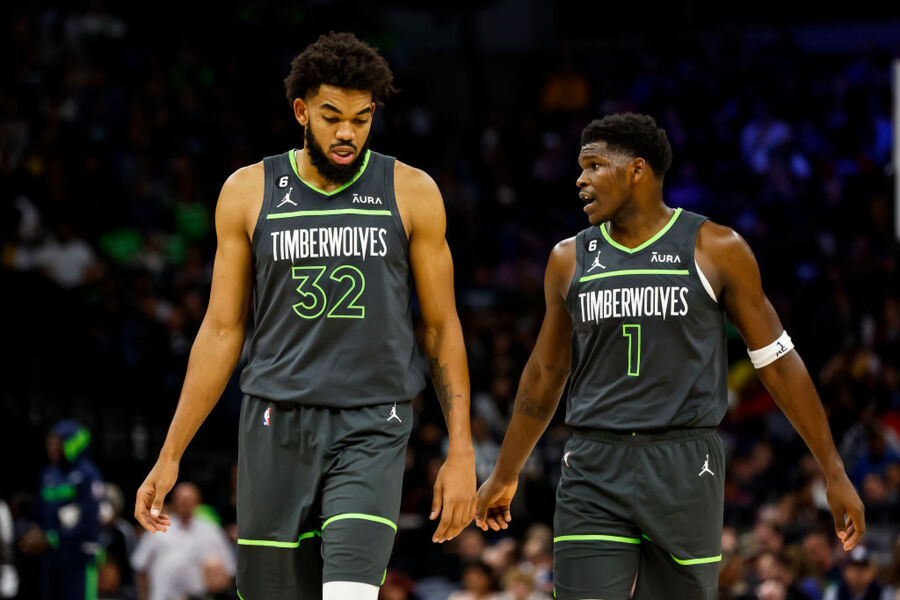The Minnesota Timberwolves are one of the newer franchises in the NBA. They became a team in 1989 and had several lean years before drafting Kevin Garnett in 1995. The Big Ticket brought renewed excitement to the city, and the Timberwolves secured their only division title to date in 2004. Garnett won a championship with Boston in 2008 and returned to Minnesota for two injury-plagued years before retiring in 2016.
The Timberwolves haven’t had much to celebrate since Garnett first left, but their new core of young, talented players is looking to change that. And former baseball player Alex Rodriguez is partly responsible.
In 1994, business magnate Glen Taylor bought the Timberwolves for a modest $94 million price tag. He remained owner for nearly three decades before agreeing to sell the team for $1.5 billion to an ownership group led by Rodriguez and billionaire Marc Lore in 2021. Rodriguez and Lore took over full ownership duties this year.
Taylor tended to avoid overspending, not wanting the team to have to pay a luxury tax by going over the salary cap. But A-Rod and Lore have taken a different approach.
Karl-Anthony Towns (L) and Anthony Edwards (David Berding/Getty Images)
This offseason, the Timberwolves signed star guard Anthony Edwards to a five-year extension that could be worth up to $260 million — at the very least, he’s guaranteed $219.4 million over the next six seasons. They also just signed Jaden McDaniels to a five-year, $136 million extension right before this season started.
Additionally, Karl-Anthony Towns will make $195.5 million over the next four seasons, with a player option for more than $61 million in 2027-28.
Put it all together, and the Timberwolves have between $550 million and $652.5 million committed to their three star players. Throw in Rudy Gobert, who the team traded for last offseason — and is also signed to a supermax deal — and that number jumps to between nearly $635 million and $785 million going to four guys.
Of course, the team might not keep all of these players for the next half-decade. Towns seems to be in every other trade rumor these days. And even with a player option for the final year, Gobert’s contract will end in three seasons. Yet, there are two main takeaways here.
First, it’s incredibly lucrative to be an NBA player. You probably already knew that, but seeing numbers added together like this really underscores that point.
Second, Rodriguez and Lore seem to understand that Minnesota isn’t a sought-after destination for free agents. They’ve built a solid group through the draft and, in Gobert’s case, via trade. If they want them to stick around, they’re going to have to pay — and overpay, since it means going into the luxury tax, which can carry a steep financial bill for owners.
But A-Rod knows from his playing days that winning can cure a lot of ill will. If spending money gets the Timberwolves success on the court, it’ll all be worthwhile.

